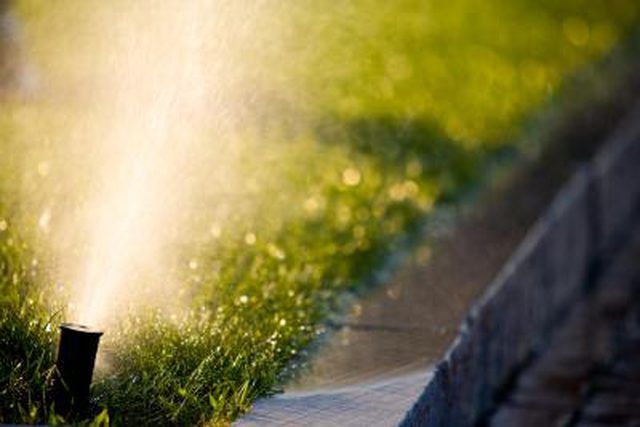Bulbs
Flower Basics
Flower Beds & Specialty Gardens
Flower Garden
Garden Furniture
Garden Gnomes
Garden Seeds
Garden Sheds
Garden Statues
Garden Tools & Supplies
Gardening Basics
Green & Organic
Groundcovers & Vines
Growing Annuals
Growing Basil
Growing Beans
Growing Berries
Growing Blueberries
Growing Cactus
Growing Corn
Growing Cotton
Growing Edibles
Growing Flowers
Growing Garlic
Growing Grapes
Growing Grass
Growing Herbs
Growing Jasmine
Growing Mint
Growing Mushrooms
Orchids
Growing Peanuts
Growing Perennials
Growing Plants
Growing Rosemary
Growing Roses
Growing Strawberries
Growing Sunflowers
Growing Thyme
Growing Tomatoes
Growing Tulips
Growing Vegetables
Herb Basics
Herb Garden
Indoor Growing
Landscaping Basics
Landscaping Patios
Landscaping Plants
Landscaping Shrubs
Landscaping Trees
Landscaping Walks & Pathways
Lawn Basics
Lawn Maintenance
Lawn Mowers
Lawn Ornaments
Lawn Planting
Lawn Tools
Outdoor Growing
Overall Landscape Planning
Pests, Weeds & Problems
Plant Basics
Rock Garden
Rose Garden
Shrubs
Soil
Specialty Gardens
Trees
Vegetable Garden
Yard Maintenance
How to Winterize an Inground Sprinkler With a Leaf Blower
How to Winterize an Inground Sprinkler With a Leaf Blower. When water is left in the inground sprinkler system over the winter, it can freeze. The expansion can crack the rigid plastic pipes, requiring costly and inconvenient repairs. Prepare your sprinkler system for freezing temperatures by winterizing it. A key component of winterizing your...

When water is left in the inground sprinkler system over the winter, it can freeze. The expansion can crack the rigid plastic pipes, requiring costly and inconvenient repairs. Prepare your sprinkler system for freezing temperatures by winterizing it. A key component of winterizing your system is to blow out any remaining water in the lines. If you don't have a compressor to help you do the job, a leaf blower will work.
Things You'll Need
Protective eyewear
Pipe-to-hose adapter
Turn off the water supply to the inground sprinkler system. The main shut-off valve is usually located in the valve box in the ground.
Locate a hose bib or drain on the main line to connect the leaf blower. Look for one on or near the backflow preventer, the device that stops non-potable water from flowing back into the drinking water system.
Attach the nozzle of the leaf blower to the main line with a pipe-to-hose adapter. Make sure the drain on the supply line is closed.
Set the sprinkler controller to the first zone and turn the leaf blower on. Let it run for three to four minutes, or until the water turns to misty air and finally only air emerges from the sprinkler heads. Turn off that zone and open up the next one.
Switch from irrigation zone to zone while the leaf blower sends air into the sprinkler system. It is not necessary to get each drop of water from the lines, but when the majority of water is removed, it will help your inground sprinkler system avoid the risk of freezing and bursting.
Close the main drain valve after the irrigation system is blown out. Disconnect the controller from your automatic inground sprinkler system. Set it to a dormant or "rain mode," which stops all cycles but keeps programming information.
Tips & Warnings
To finish winterizing your inground sprinklers, drain all the water from the backflow prevention device as well. Leave the valves partly open throughout the winter season.
Always wear protective eyewear when working with pressurized valves and pipes.
Never use a leaf blower that outputs more than 80 PSI into the inground sprinkler system, because higher pressure can damage the system.
Professional irrigation companies do not recommend using a leaf blower to blow out a sprinkler system. They recommend using a compressor for do-it-yourself winterizing, or else calling a professional to do the job.
Always blow out the system first, then drain the system's water pump.